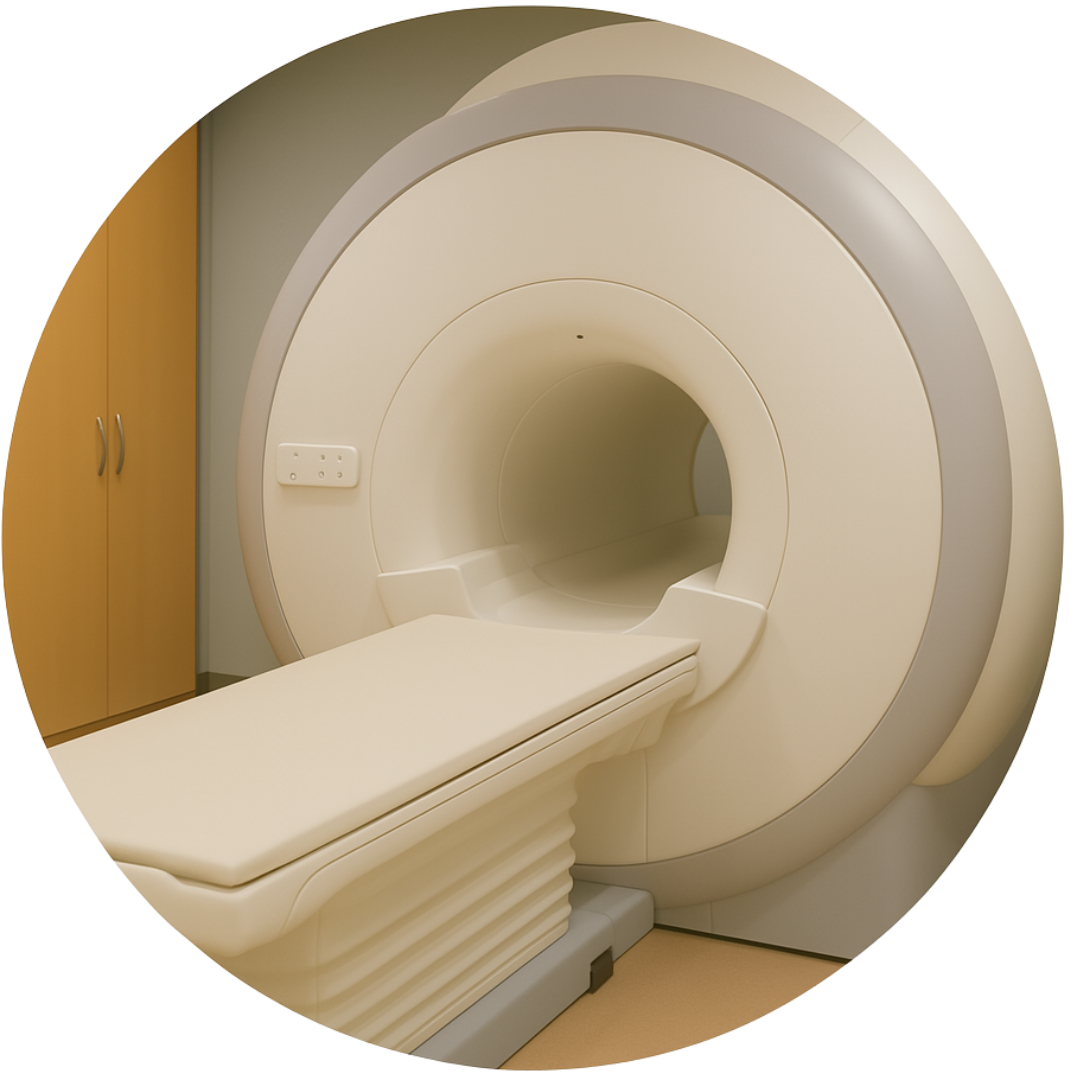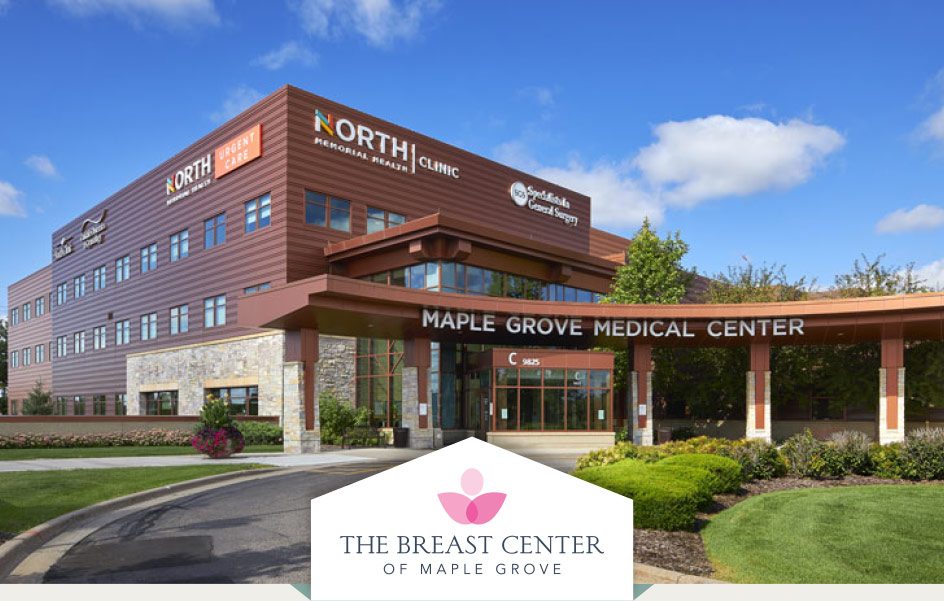Screening & Diagnostic Imaging for All Women
We offer specialized care in a technologically advanced facility and foster close partnerships with area physicians and surgeons.

Breast MRI
What is Breast MRI?
Breast MRI (magnetic resonance imaging) is a non-invasive imaging technique that uses magnets and radio waves to create detailed images of breast tissue. It complements other imaging methods, such as mammography and ultrasound.
Breast MRI provides valuable information for the detection and diagnosis of breast disease. It can accurately measure the size of a breast tumor and detect other potentially cancerous areas before surgery to plan treatment. Breast MRI is also helpful for screening patients who are at higher risk for breast cancer due to genetics or strong family history, and it plays an essential role in post-surgical and post-radiation follow-up.
A physician referral is required.
Need to schedule an appointment? Contact us 24 hours a day using our contact form or call during business hours at (763) 398-6370.
What should I expect?
Your breast MRI will be performed by a trained female MRI technologist who will explain the procedure before getting started. The appointment should take 45 minutes to an hour. After you check in, you will be shown to a private dressing room to change into a gown and remove all jewelry.
For imaging, the technologist will position you for the scan. You will be asked to lie face down with your breast in a special device known as a coil. The coil is used to improve image quality and is designed to optimize patient care and comfort. Most patients receive contrast material called gadolinium through an intravenous (IV) injection. This contrast helps to differentiate cancerous tissue from noncancerous tissue. You will be asked to lie still, relax, and breathe normally through the procedure. The scan itself should only take 20-25 minutes. Breast MRI does not require flattening or pressing down on the breast, so you should not experience discomfort. We will have headphones with your choice of music during your scan. You can resume regular activity as soon as your exam is complete.
Who needs a Breast MRI?
Breast MRI is a valuable tool for women with an increased risk of breast cancer. The American Cancer Society (ACS) recommends annual breast MRI screening for women in the following groups:
- have a known BRCA1 or BRCA2 gene mutation
- have a first-degree relative (mother, father, brother, sister or child) with a BRCA1 or BRCA2 gene mutation, and have not had genetic testing themselves
- have a lifetime risk of breast cancer of 20% or greater, according to risk assessment tools. We recommend the IBIS calculator, which can be found at com/ibis-risk-calculator
- had radiation therapy to the chest between the ages of 10 and 30
- have a genetic disease such as Li-Fraumeni Syndrome, Cowden Syndrome or Bannayan-Riley-Ruvalcaba Syndrome, or have a first-degree relative with one of these
Additionally, The American College of Radiology (ACR) recommends annual screening breast MRI for all women with a personal history of breast cancer who have heterogeneously dense or extremely dense breast tissue. Annual screening breast MRI should also be considered for all women with a personal history of breast cancer diagnosed before the age of 50, regardless of breast density.
Women in the following groups should discuss with their physician whether adding MRI to annual screenings would be beneficial:
- have a lifetime risk of breast cancer of 15-20%, according to risk assessment tools that include family history
- have a personal history of breast cancer, ductal carcinoma in situ (DCIS), lobular carcinoma in situ (LCIS), atypical ductal hyperplasia (ADH), or atypical lobular hyperplasia (ALH)
- have extremely dense breasts or unevenly dense breasts when viewed by mammograms
When will I get the results?
After your exam, one of our subspecialized radiologists will review your images and fax a report directly to your ordering physician.
